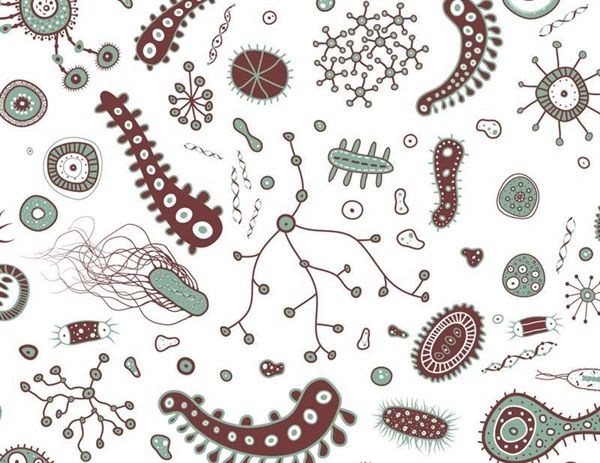In 2001, a team from Tel Aviv University argued that B. permians were almost identical to a strain of modern bacteria, Bacillus marismortui, found in the Dead Sea. Only two of its genetic sequences differed, and then only slightly.

It is a remarkable fact that well into the space age, most school textbooks divided the world of the living into just two categories—plant and animal. Microorganisms hardly featured. Amoebas and similar single-celled organisms were treated as proto-animals and algae as proto-plants. Bacteria were usually lumped in with plants, too, even though everyone knew they didn't belong there. As far back as the late nineteenth century the German naturalist Ernst Haeckel had suggested that bacteria deserved to be placed in a separate kingdom, which he called Monera, but the idea didn't begin to catch on among biologists until the 1960s and then only among some of them. (I note that my trusty American Heritage desk dictionary from 1969 doesn't recognize the term.)












